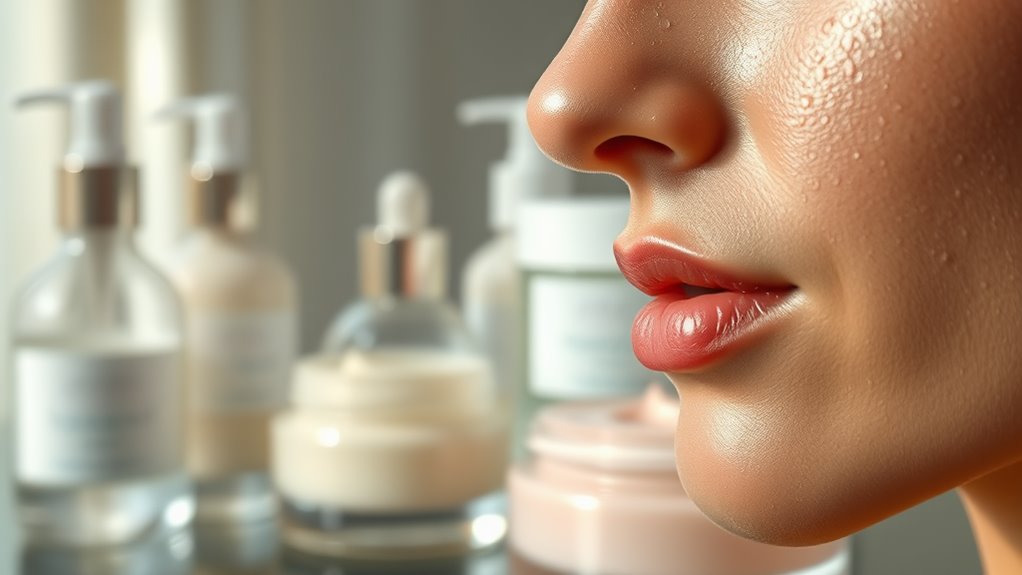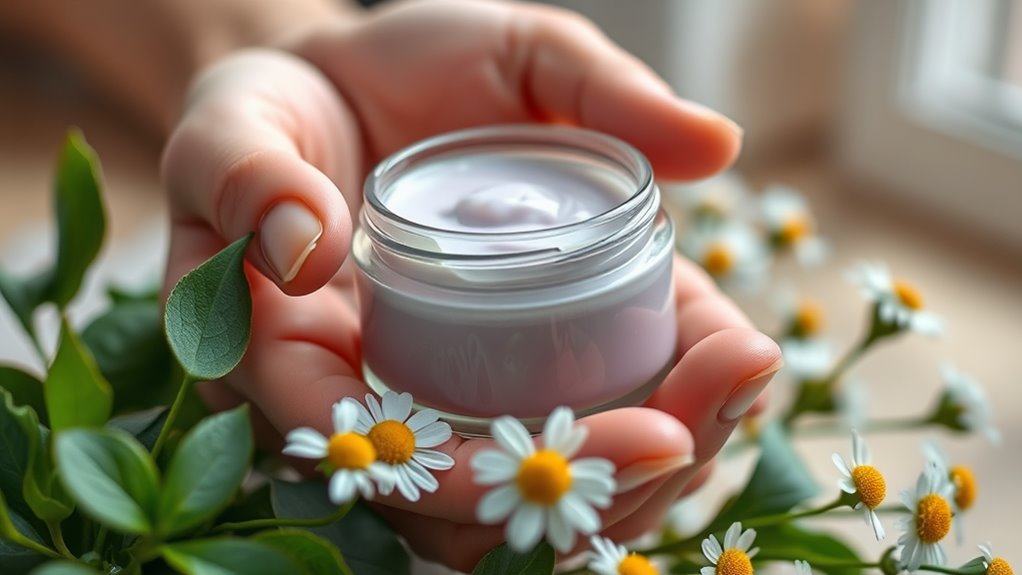The Best SPF for Sensitive Skin (That Won’t Irritate)
If you have sensitive skin, finding the right SPF can feel like a challenging task. You want protection from harmful UV rays without irritating your skin. The key is to look for physical sunscreens with zinc oxide and titanium dioxide. But it doesn’t stop there. The formulation matters too. Discovering the ideal combination could make all the difference in your daily skincare routine. What else should you consider to guarantee your skin stays healthy and protected?
Key Takeaways
- Choose physical sunscreens with zinc oxide or titanium dioxide to minimize irritation and offer broad-spectrum protection.
- Opt for products labeled as hypoallergenic, non-comedogenic, and fragrance-free to reduce the risk of skin reactions.
- Select lightweight, non-greasy formulations that absorb quickly for comfortable daily wear, especially on sensitive areas like the face.
- Use a minimum SPF of 30, and consider SPF 50 for extended outdoor activities to ensure adequate sun protection.
- Always perform a patch test with new products to check for irritation before full application.
Choosing the Right SPF for Sensitive Skin
When it comes to protecting your sensitive skin from harmful UV rays, choosing the right SPF is vital. You need a formula that not only shields your skin but also maintains its integrity.
Look for a sensitive skin SPF that offers broad-spectrum protection; this means it guards against both UVA and UVB rays. Ingredients matter greatly, so prioritize physical (or mineral) sunscreens containing zinc oxide or titanium dioxide. These compounds sit on your skin’s surface, deflecting harmful rays rather than absorbing them, which minimizes irritation.
Avoid chemical sunscreens, as they often contain fragrances and preservatives that can trigger reactions in sensitive skin. Instead, seek out products labeled as hypoallergenic, non-comedogenic, and fragrance-free.
The texture is also vital; opt for lightweight, non-greasy formulations that absorb quickly. Creams or lotions are typically more effective than sprays, especially for sensitive areas like your face.
Don’t forget to check the SPF level. Ideally, you’ll want at least SPF 30 for effective protection, and if you’re spending extended time outdoors, consider SPF 50 for added security. Daily application is crucial, as even on cloudy days, UV rays can penetrate through the clouds.
Lastly, always perform a patch test with a new sensitive skin SPF. Apply a small amount on your wrist or behind your ear and wait 24 hours to see if any irritation occurs.





